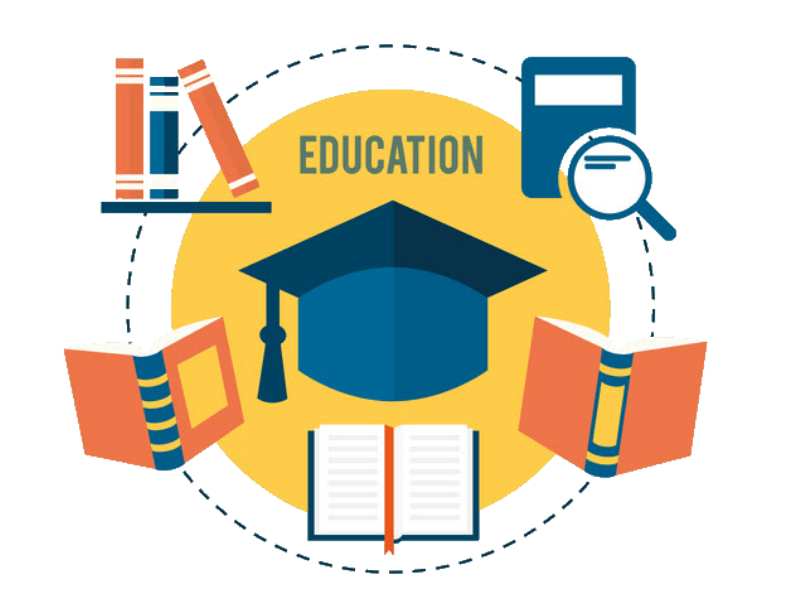Industry and Education are more than often paired together. We have not seen the words combined within the definition of Industry in the few sources that we have considered.
That does not mean they do not appear together somewhere. However, either in the definition of “Industry”, or in a listing of the major classifications of industry, they do not seem to appear together.
Education itself is made up of many Industries
We may have seen, and heard, many references to the “Education Industry” over these many years as an educator. There are many industries that are part of education, textbooks from the Publishing Industry, hardware from the Computer Industry, busses from the Transportation Industry, educational applications from the Software Industry, and chairs and desks from the Furniture Industry. The presence of so many industries inside education does not necessarily make it an industry onto itself.
The theory of public Education is said to be based on the industrial model. It is formed and designed to provide the industry with a source of educated people to fill the ranks of workers needed by industry for it to succeed.
When the investors of the education industry look at what their industry is producing, what do they see? They, the taxpayers, are the stockholders and investors in this industry and that gives them the right to ask.
The question is, How much worth are we getting for our buck? The answer is because we need to agree on what the buck is. If we think of education as an industry, we should be able to look at the end product and see the return on Investment. This is easily defined by most industries. We simply look at the profit line. Money talks or somebody walks. The problem is, Education Industry makes no money, there is no monetary profit.
Without monetary profit as an indicator of success, what do we use?
Why Education cannot be classified as an Industry?
This is where Education doesn’t classify as an industry. We do not know what the product/profit is without money as the measure. It may be based on how many kids graduate from school or it may be based on how many students passed standardized tests which assess knowledge of the content or it may be based on how many students go on to college or it may be based on how many go on to be employed in a meaningful way.
To further complicate it we need to evaluate: what skills are important; what facts are necessary; what do we place an emphasis on vocation or higher education. The focus of these directions depends on whom you ask. Students, parents, teachers, and politicians all have different expectations for the outcomes. This creates further confusion about whether the investors are getting a return on their investment or not. If we cannot agree on a common measure for success we will never be able to satisfactorily answer this question.
Now we take a look at the management of the Education Industry. If education is not an industry, then why would we run it like an industry? According to Dan Pink, research proves that merit pay for teachers will not only be unsuccessful, it will also be counter-productive. Further, what criteria for success should be used to determine whether the entire staff of a district should be fired as punishment for failure. Do we ask: the Students, parents, the teachers, the politicians? Does mass firing, in addition to being a punishment, also serve as a great incentive to attract better teachers who will work harder to meet the goals of that district?
We Need to Stop Thinking of Education as an Industry
We need to stop thinking of Education as an industry. The outcome or the Profit is never going to be in monetary terms. Maybe every student needs to develop an Individual Educational Plan with desired outcomes clearly stated and agreed upon by all parties. Then we can assess every student’s progress and success as they proceed in a formative assessment. And not when it is too late to change the path. This would enable us to assess an individuals’ educations, which is the product. We would shift from report cards to IEP(Individualised Education Program) meetings. This, although a time-consuming alternative, could save time for students over a 12-year career in high school.
This is a simple plan that only needs us to get the students, parents, teachers, and politicians to agree to the change and on the outcomes. This is part of the reform that we need to change the culture. It may take some time.
For More Such Articles, News Update, Events, and Many More Click Here

